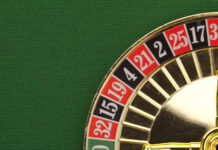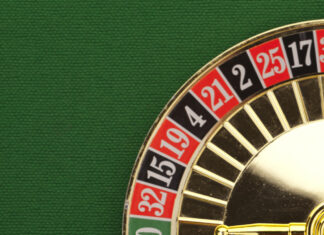
Now that the Remote Gambling Bill has been adopted by the Senate, it is expected that interested parties (both Dutch and international) will soon be able to commence requesting online gambling permits. The first permits will be granted in 2020, according to the Dutch Government.
After yesterday’s final vote, the Remote Gambling Bill will soon come into force. The exact date of the entry into force is to be determined by royal decree.
Below, we briefly explain on the new rules that are introduced by the Bill.
Online gambling legalised, licence required
In the Netherlands a strict gambling regime applies. It is prohibited to provide gambling services to Dutch customers unless a licence has been issued for the applicable individual gambling activity. In practice, this means that it is not permitted to specifically and actively target Dutch customers.
Under the – soon to be – amended the Dutch Betting and Gambling Act (“DBGA”), it will be possible to obtain a license for both ‘offline’ and online games of chance in the Netherlands. An online (remote) game of chance is defined in the Bill as a game of chance “which is provided at a distance using electronic means of communication“.
As mentioned above, it is expected that interested parties (national and international) can soon commence requesting an online gambling licence. The online gambling permits will not be granted by the Dutch Gambling Authority (Kansspelautoriteit) before 2020. Online gambling permits will, in principle, only be granted to gambling service providers (operators) that have their registered office, central administration or principal place of business within the EU or EEA. However, under strict circumstances, licenses may also be granted to operators outside the EU/EEA.
The licence fees are expected to be € 40,000.00. In the Bill a tax rate of 29% for both remote and land-based operators is included, which will be based on gross profits. In addition, a 0.25% contribution to the addiction fund and a 1.5% contribution to the Gaming Authority on the gross results of the games must be paid by permit holders in the Netherlands.
New measures initiated in the Bill
In addition to the possibility to obtain a licence for remote games of chance, the Bill introduces several other new rules.
Gambling operators
New rules that are introduced by the Bill for (online) gambling operators, i.e. the party providing the opportunity to compete for prizes to Dutch customers, include rules on the organization of (online) gambling games and stipulations that contain the requirements applicable to licences and licence holders.
Service providers
The Bill also extends the scope of the DBGA, namely, to parties providing resources to operators for providing the opportunity to gamble. Under the amended DBGA it is prohibited to promote participation in gambling or betting and to provide resources to the organizer of betting and gambling, if the organizer of these gambling or betting games has not been issued a licence.
According to the legislator, promoting participation means providing the services or resources without which gambling services cannot be provided, such as: customer acquisition, advertising services (including affiliate services), payment services, internet services or telecommunication services. Providing such services to an unlicensed operator can be regarded as a breach of the DBGA.
Adopted motions
In addition to adopting the Bill, the Senate also adopted several motions.
The Senate requested to Dutch government to ensure that licences for the provision of online gambling will only be issued to parties that have not actively and specifically targeted the Dutch market without a licence for an uninterrupted period of at least two years. This motion introduces a two-year ‘cooling-off’ period for operators that have targeted Dutch customers without a licence. It seems like a blacklist might be introduced, excluding operators who have previously directly targeted the Netherlands without a licence from obtaining a licence for the following two years.
Another adopted motion requires the Dutch government to investigate the desirability of a complete ban on online gambling advertising. The outcome of this investigation will be very interesting for both online gambling provides and parties providing advertising services to such providers.
Enforcement by the Dutch Gambling Authority
In addition, the Bill extends the administrative enforcement instruments for the Dutch Gambling Authority, including instruments that are applicable to the abovementioned parties providing services to gambling operators. Also a central register for players that are (temporarily) excused from games of chance will be set up by the Dutch Gambling Authority.
For 2019, the Dutch Gambling Authority stated that it will focus explicitly on unlicenced offerings. The Dutch Gambling Authority is targeting all gambling service providers that have a specific and distinct focus on the Dutch market. This specific and distinct focus on the Dutch market can be derived from many characteristics, according to the Dutch Gambling Authority. All unlicensed offerings (both online and offline) targeted at Dutch customers will be deemed illegal by the Dutch Gambling Authority.
Article written by Lisette Den Butter and Roelien Van Neck.









